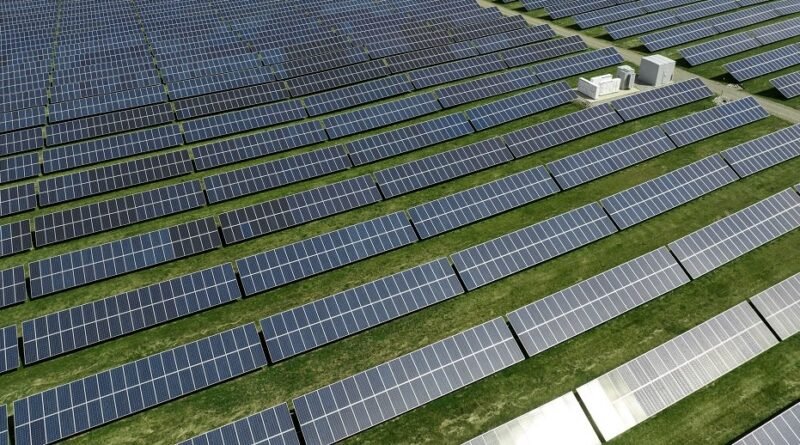
In a bold move that runs counter to Donald Trump’s energy agenda, Ford Motor Company has signed the largest clean energy power purchase agreement (PPA) in U.S. history with Michigan utility DTE. The agreement covers 650 megawatts of solar energy—enough to power all of Ford’s Michigan operations with clean electricity. It’s a landmark step not only for Ford’s carbon neutrality goals but also for U.S. energy independence, especially as concerns rise over China’s dominance in critical energy sectors.
PPAs like Ford’s are financial tools that help fund new utility-scale renewable energy projects. They provide long-term price certainty for buyers while enabling developers to secure financing. Though authorized by federal law in 1978, PPAs have recently become essential in building new solar and wind infrastructure across the country, even as federal support for these sectors has waned under Trump’s energy policy.
DTE’s president, Matt Paul, emphasized the growing demand for renewable energy regardless of politics: “Our customers—whether large manufacturers like Ford or families—are telling us they want more renewable energy, and we’re delivering it.”
Ford’s Amir Mirshahi noted that the agreement makes all electricity consumed by Ford in Michigan traceable to clean sources. “This is a major step toward carbon neutrality,” he said, adding that it will also improve resilience for local communities facing climate impacts.
But the story doesn’t end with Ford’s sustainability goals. This deal comes amid heightened concern over China’s grip on the renewable energy supply chain. China dominates global production of key clean tech components—like solar panels, rare earth magnets, and battery materials—and has a history of using this dominance to apply geopolitical pressure. Just as it restricted rare earth exports to Japan during a diplomatic dispute, China could easily leverage its supply chain control against the U.S.
Ford’s commitment goes beyond optics—it’s a strategic pivot that underscores the auto industry’s recognition of climate and geopolitical risk. With climate-related disasters becoming more frequent and costly, securing local renewable energy sources helps stabilize operational costs and safeguard supply chains. In this context, China’s expanding influence over critical materials like polysilicon, rare earths, and lithium poses a long-term threat to U.S. energy independence. Beijing’s track record of weaponizing trade—evident in past restrictions on rare earth exports—underscores the need for urgent investment in domestic energy and materials supply.
Moreover, China’s state-backed companies are aggressively acquiring mining rights and battery tech across the globe, increasing the risk of American energy security being undermined. If the U.S. wants to preserve its industrial autonomy, reduce reliance on authoritarian regimes, and build a truly resilient green economy, it must act now to strengthen domestic clean energy manufacturing.
Ford’s PPA with DTE is a wake-up call: America’s clean energy future must be built at home, not outsourced to China. If U.S. industry leaders and policymakers fail to act swiftly, the nation risks falling into long-term economic and strategic dependence on a regime that repeatedly undermines international norms.